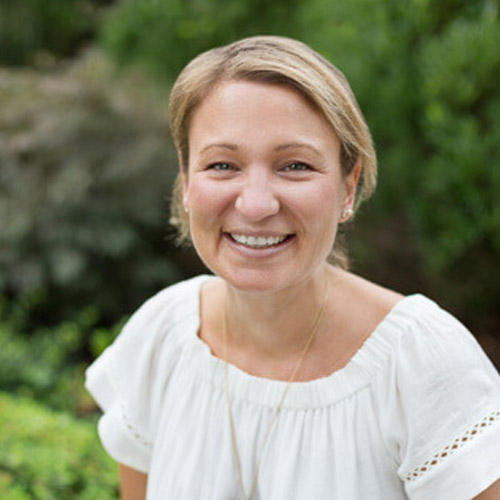
Crazy Wisdom: Working with Clinical Challenges Through the Lens of Buddhist Psychology
Crazy Wisdom: Working with Clinical Challenges Through the Lens of Buddhist Psychology
Pricing
Information
Learning Objectives
Participants will be able to:
-
Analyze three common heuristic traps and their impact on clients and practitioner well-being.
-
Apply two contemplative Buddhist practices as alternatives when conventional approaches fall short.
-
Design a plan to integrate “crazy wisdom” principles to enhance effectiveness and resilience.
Educational Goal
Description
As “helping” professionals, we can find ourselves unknowingly falling into heuristic traps: patterns of quick assumptions or emotional responses that undermine our ability to effectively support those we serve. The pressure—both internal and external —to help, cure, and maintain professionalism can often increase suffering and risk, both for our clients and ourselves. Where do we turn when we are feeling stuck? How do we find ground when our theories, diagnoses, and evidence-based techniques fall short? What do we do when we can’t seem to help, cure, or hide behind our professionalism? This presentation will discuss these common dilemmas from the perspective of contemplative Buddhist psychology and practice. It will explore how “crazy wisdom” —a way of embracing uncertainty and navigating the challenges of our work—may offer a path through the confusion of conventional approaches, supporting both personal growth and more effective practice.
Presenters
